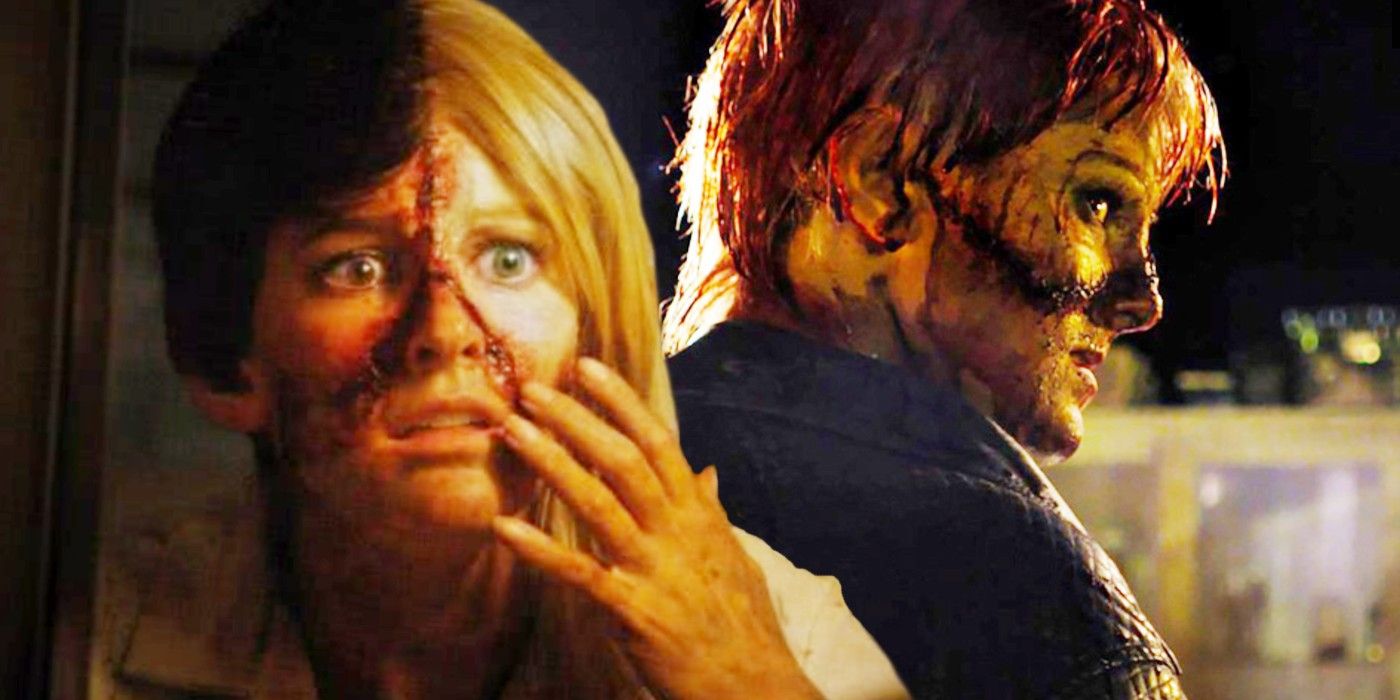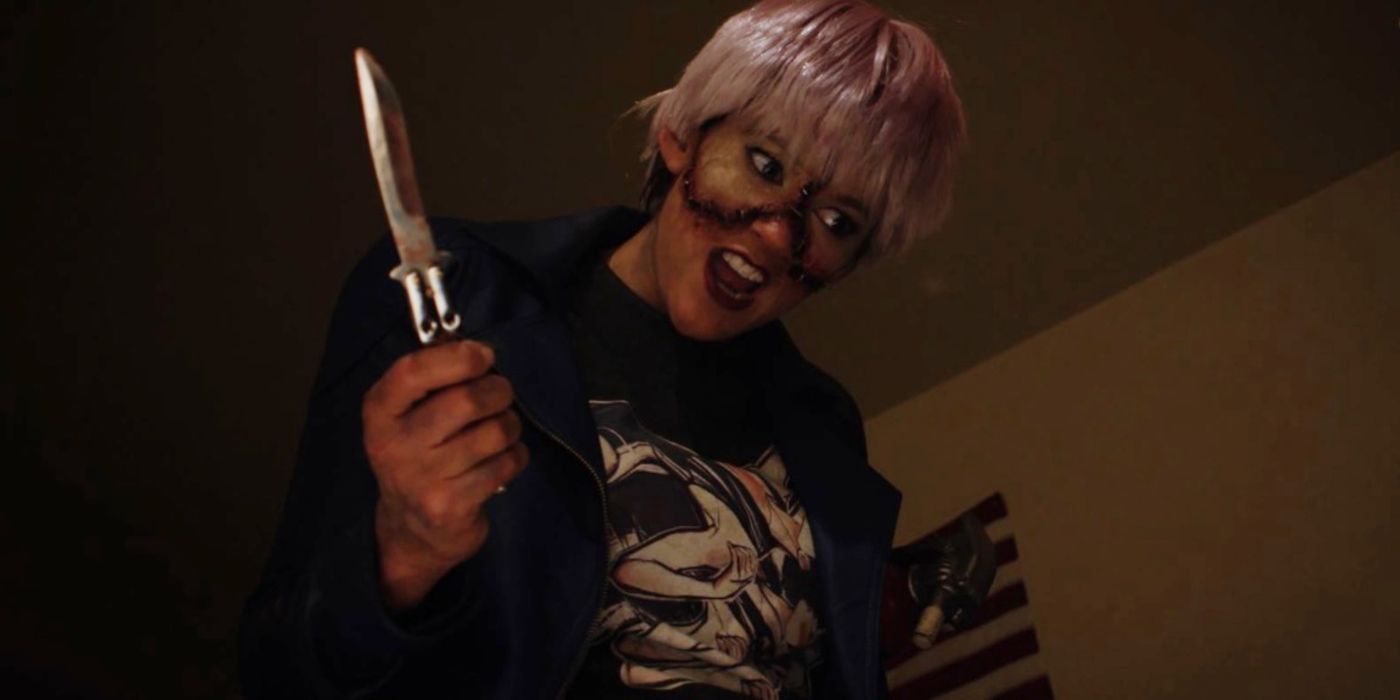
2015's Patchwork, from Tyler MacIntyre, is a smaller horror film that creatively reinvented the Frankenstein narrative and proved there are still ways to say something new with an old idea. MacIntyre, who would go on to direct the equally subversive horror Tragedy Girls, presents a story where a crazed and obsessive scientist creates a twisted hybrid out of three young women. Patchwork begins as a standard Frankenstein story, but then quickly becomes something more challenging, right down to the point of view it adopts.
Mary Shelley’s original novel is over 200 years old and it’s become the source for many Frankenstein film adaptations of the classic horror monster. Many of these cinematic adaptations, especially the ones that came from Universal, stuck fairly close to Shelley’s story. Now that Universal has started to bring back its classic monsters there’s been speculation over what to do with Frankenstein’s Monster and if it has the same appeal and versatility as Universal’s other creatures.
The ideas and themes that were used in Patchwork provide a strong blueprint on the places a new Frankenstein’s Monster movie could go. What made Patchwork such an unusual take on Frankenstein is that it’s heavily immersed in a female perspective. This, of course, was done in Bride of Frankenstein, but Patchwork allows the three personalities of the stitched-together girls to still be intact. In turn, they’re forced to reconcile not only with their new body but that it’s shared by multiple personalities. It transforms Patchwork into a cutting commentary on gender dynamics and female empowerment as the three women must put aside their differences and get vengeance on the surgeon that turned them into a monster. Still, Patchwork’s story is about Frankenstein’s Monster trying to find and kill its creator, which is truer to the source text than the more modern narrative where the creator strives to protect its misunderstood creation.

Another major asset that helped Patchwork stand out is that it’s an effective blend between horror and comedy with a very wry sense of humor. Patchwork is hardly the first adaptation to find humor in the Frankenstein narrative with Frankenhooker and Young Frankenstein being notable examples that did it well, but they both skewed more toward the comedy. Universal may be apprehensive to let too much comedy into the successful reboots of their horror-centric Dark Universe, but Patchwork’s approach is a testament to how a little humor can go quite far. It ultimately all comes down to if the humor serves the tone and the characters, which can come much more naturally if the upcoming film focuses on the loss of identity that’s felt by Frankenstein’s Monster.
It’s this level of simultaneous faithfulness and deconstruction of the very themes of Shelley’s original story that’s necessary for a new Frankenstein movie to succeed. It’s exactly the same kind of ambitious strategy that was taken by Leigh Whannell’s Invisible Man. Every Frankenstein’s Monster story has capitalized on the grotesque nature of the creature, but the mental anguish and sense of unity and empowerment that’s created in Patchwork is the right angle for the future of Frankenstein.
from ScreenRant - Feed https://ift.tt/3hCDfQd
via IFTTT







0 comments:
Post a Comment